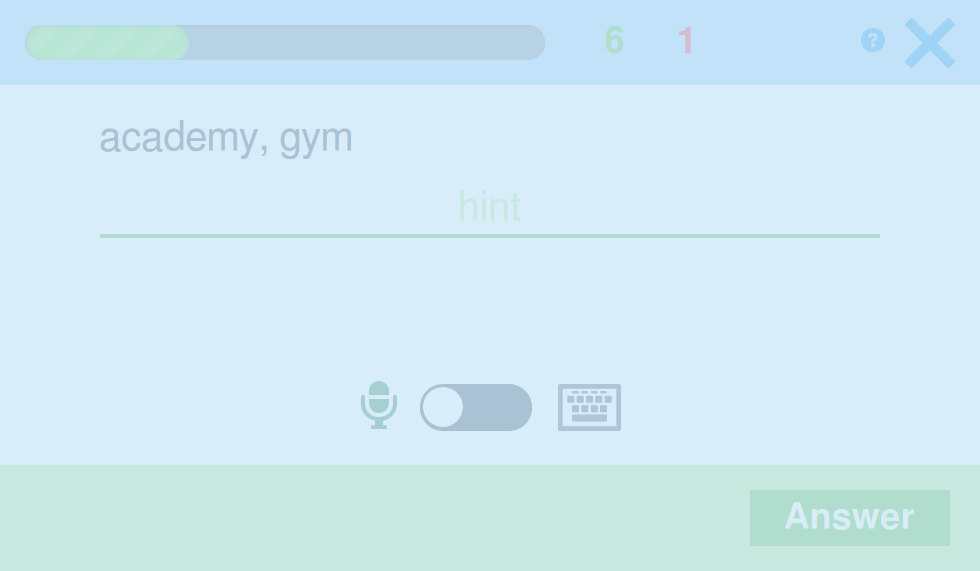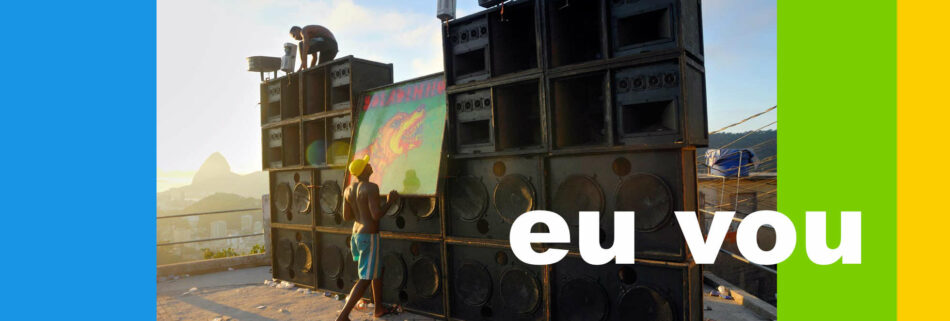The Present Tense of IR can be used to talk about the future!
The fastest and easiest way to start talking about the future is with the verb IR. Forming the future with IR is just a matter of knowing its conjugation in the present tense. That sounds confusing. But it's not a big deal when you consider that we use the word going to place a sentence in the future:
I'm going to run later this afternoon.
She's going to arrive late.
We're going to buy fresh bread.
Now using IR:
Eu vou correr hoje à tarde.
» I'm going to run this afternoon.
Ela vai chegar atrasada.
» She's going to arrive late.
Nós vamos comprar pão fresco.
» We're going to buy fresh bread.
This short video demonstrates the method: How to express the future with IR.
SO: Use IR to say what's going to happen or, will happen. Always.
You can even talk about the future without using another verb. Like this:
Eu vou para o centro da cidade hoje.
» I'm going downtown today.
Ela vai à festa amanhã.
» She's going to the party tomorrow.
Nós vamos para a praia hoje.
» We're going to the beach today.
All of the novelas in our course use IR in this way when expressing future action. There is another way (another more formal verb Another verb conjugation called the future of the present exists, but is used mainly in written Portuguese and almost never, ever in spoken conversation.
Eu vou + ANY VERB.
Leverage IR's awesome power and start putting together some seriously great sentences right now. Vamos!
»
Eu vou comer spaghetti.
» I'm going to eat spaghetti.
»
Eu vou acordar cedo.
» I'm going to wake up early.
»
Eu vou trabalhar hoje.
» I'm going to work today.
Easy-peezy-lemon-squeezy.
» IR complete conjugation.
Now you try it!


Comentários